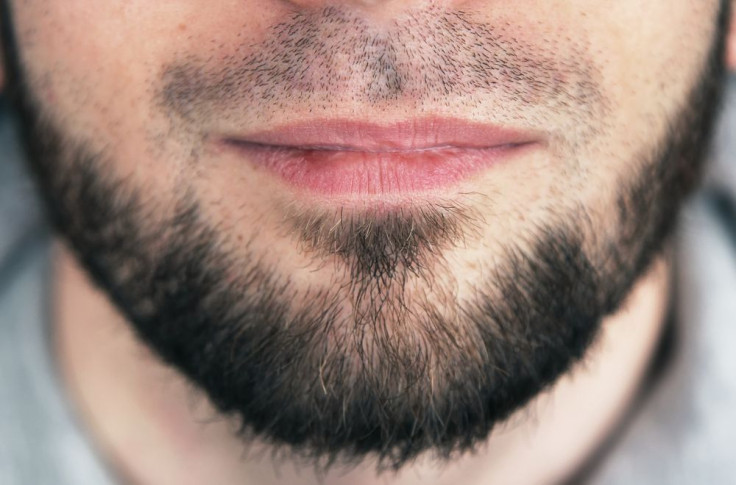Your Hipster Beard May Have More Fecal Matter Than A Dirty Toilet, But Is It Really Unhygienic?

Beard is the new black. Men are growing their face fur to incredible lengths to exude manliness and non-conformism, but at a heavy and smelly price. A beard swab test conducted by reporters at Action 7 News in Albuquerque, N.M., and Quest Diagnostics revealed men’s facial hair contains bacteria usually found in the intestines and fecal matter.
The popularity of facial hair has risen due to the trend of the hipster beard. This has led to a decline in the use of shaving products and an increase in men sporting facial hair, especially among the younger crowd. A recent Simmons National Consumer Study estimates 17 percent of all men and 35 percent of young men ages 18 to 24 have facial hair today. This is up from 14 percent and 31 percent, respectively, since 2009. Whether it’s groomed like Brad Pitt or unkempt like Bon Iver, men from all walks of life have grown out their face fur and have even undergone facial hair transplants in record numbers, but at what cost?
As scruff is in and men now shave less, Action 7 News decided to recruit a handful of brave men and swab their beards to examine how much bacteria they harbor. Several of the beards that were tested contained a lot of normal bacteria, but some were comparable to toilets. Quest Diagnostics microbiologist John Golobic tested the swabs and admitted the results were surprising.
“I'm usually not surprised, and I was surprised by this. Those are the types of things you'd find in [fecal matter],” Golobic told Action 7 News, referring to the tests.
These findings are not just limited to the scruffy men of Albuquerque. Previous studies have found beards harbor more bacteria than clean-shaven faces. They echo the results of a 1967 study where scientists sprayed bearded and clean-shaven men with bacteria, and then collected the bacteria from their faces by swabbing, stroking, and imprinting. The scientists concluded more bacteria was found in general in the faces of bearded men, suggesting beards trap dirt and germs more easily.
This can lead to skin infections and the spread of bugs, such as staphylococcus, which causes hair follicle bacterial infections. Folliculitis, a superficial infection of single hair follicles, according to the International Foundation for Dermatology, often appears in groups in areas of hair-bearing sites, like the beard or lower legs. Antiseptic soaps and topical/oral therapy can help with the treatment of these tiny pustules.
A more recent study published in the journal Anaesthesia also found bearded men who wore surgical masks shed significantly more bacteria in the area below their lips, especially if they move their masks around compared to clean-shaven men. The researchers recommended bearded surgeons try not to wiggle their face masks. They also suggested, “Bearded males may also consider removing their beards.”
Beard bacteria has the ability to be transmitted to the mouth and cause illness. It can also be transmitted to others, especially since viruses can be passed on from person to person via contact. A beard would be a focal point for this type of transmission.
Despite the numerous studies, there’s no need to ditch the beard if you maintain good hygiene. Proper maintenance, such as washing it regularly and using conditioner, can help upkeep its cleanliness. Bearded men, wear your beard fuzzy, long, and proud — as long as you sanitize it on the regular.
Sources: Barbeito MS, Mathews CT, and Taylor LA. Microbiological Laboratory Hazard of Bearded Men. Applied and Environmental Microbiology. 1967.
Azadian BS, Mannam M, McLure HA et al. The effect of facial hair and sex on the dispersal of bacteria below a masked subject. Anesthesia. 2000.



























